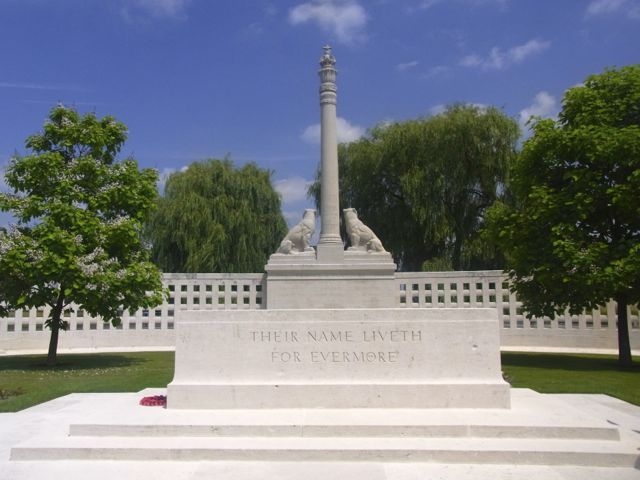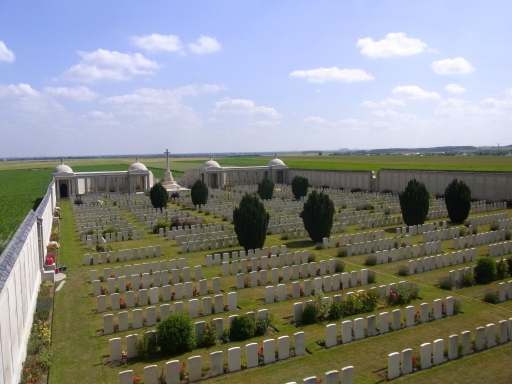Centenary News looks ahead to some of the major First World War anniversaries which will be remembered in 2015.
1915, the first full year of the Great War, saw repeated Allied offensives in Artois and Champagne; the ill-fated attempt to achieve a breakthrough via the Dardanelles campaign in Turkey; the first poison gas attacks; Italy’s entry into the war on the Allied side; and Russia’s ‘Great Retreat’ on the Eastern Front.
January 19-20
Zeppelin airships carry out the first air raid on the British mainland, hitting the Norfolk towns of King’s Lynn, Great Yarmouth and Sheringham. At least four people are killed.
February 19
The British and French start naval operations in the Dardanelles, in response to Russian requests for help in the war against Turkey.
March 10-13
British forces, supported by Indian colonial troops, try to achieve a breakthrough at Neuve Chapelle in northern France. As the attack faltered, the British commander-in-chief, Sir John French, complained about a shortage of ammunition.
 The Indian Memorial, Neuve Chapelle (Photo: Centenary News)
The Indian Memorial, Neuve Chapelle (Photo: Centenary News)
March 22
The Austro-Hungarian fortress of Przemyl in Galicia (present-day Poland) falls to the Russians after a siege lasting more than four months.
April 22
The Second Battle of Ypres begins, with Germany using lethal poison gas for the first time. A day of solemn remembrance is planned at various locations in the former Ypres salient.
April 25
The Allied invasion of Gallipoli in Turkey, the first major operation by the Australian and New Zealand Army Corps (Anzacs) in support of the British and French.
The Centenary will be the focus for major commemorations. To cope with demand, the Australian and New Zealand governments held ballots for tickets to events on the Gallipoli peninsula, where space is restricted.
May 2
Germany and Austria-Hungary launch a new offensive in Galicia, leading to the recapture of Przemyl and eventual Russian withdrawal from the Polish salient.
May 7
The Cunard liner, Lusitania, is torpedoed off the coast of Ireland. More than 100 Americans are among almost 1,200 dead, prompting a diplomatic row between the US and Germany. It emerges that the ship’s cargo included munitions.
May 23
Italy declares war on Austria-Hungary, opening an Alpine front in the war against the Central Powers.
May 31
First Zeppelin air raid on London kills seven people.
July 9
Ceremony in Ypres, Belgium, to mark the 30,000th sounding of the Last Post at the Menin Gate.
August 4
Warsaw falls to the German Army as the Russians continue their ‘Great Retreat.’
August 21
British launch their final offensive of the Dardanelles campaign.
September 25
First use of poison gas by the British at the Battle of Loos, part of an Allied attempt to break through the German defences in Artois and Champagne.
October 5
Britain and France land troops in the Greek port of Salonika (now Thessaloniki) in a show of support for Serbia.
October 7
Austria-Hungary and Germany invade Serbia, capturing Belgrade two days later
October 11
Bulgaria enters the war on the side of the Central Powers, joining the invasion of Serbia.
October 12

British nurse Edith Cavell is executed by the Germans in Brussels for helping Allied POWs escape to the neutral Netherlands.
December 20
Allies withdraw from Suvla Bay and Anzac Cove, ending the Gallipoli operation.
In December 1915, Sir Douglas Haig replaced Sir John French as commander of British forces in France.
Sources: Wikipedia/various/Visit Flanders
Images: Peter Alhadeff, Centenary News
Posted by: Peter Alhadeff, Centenary News
